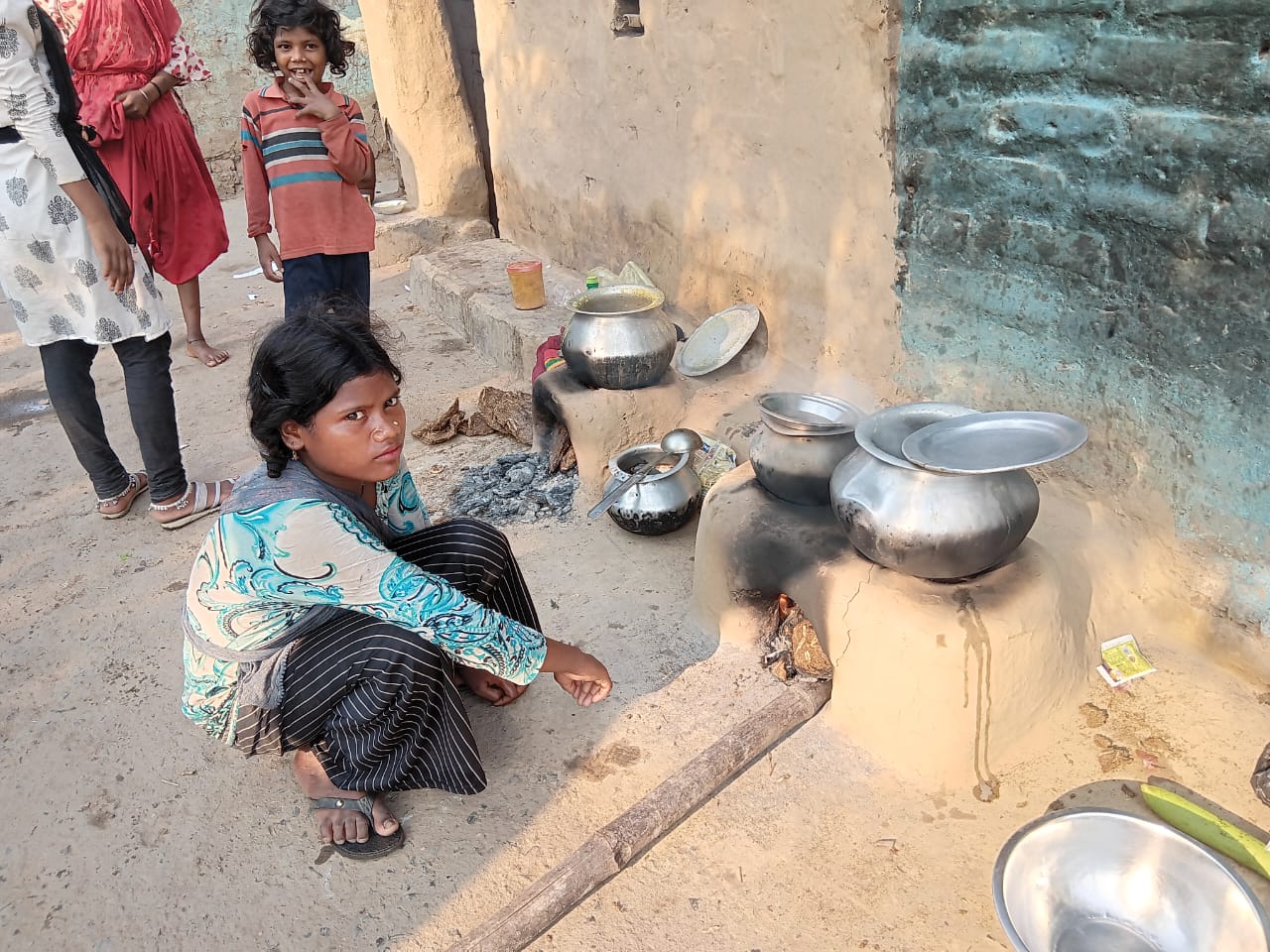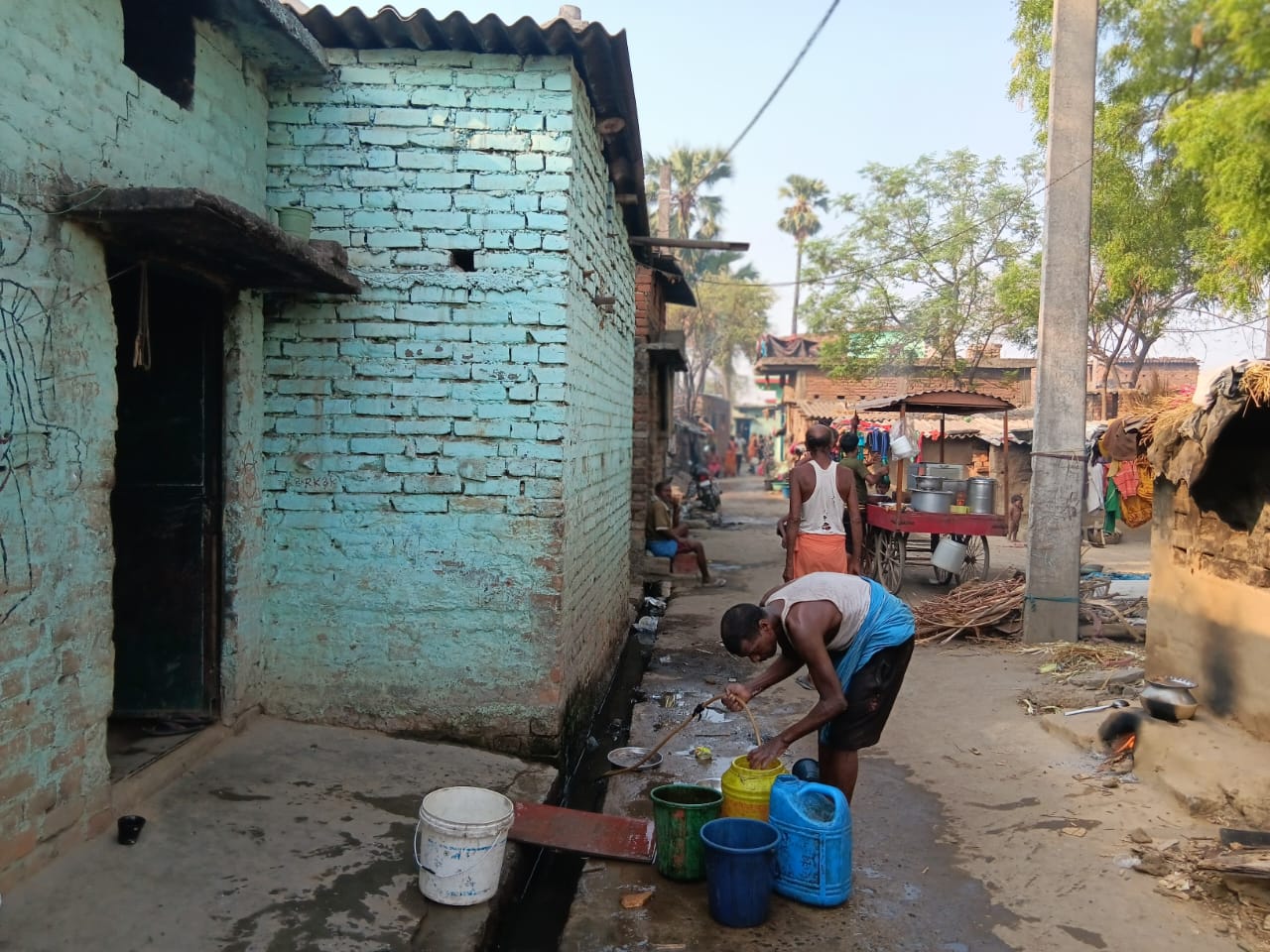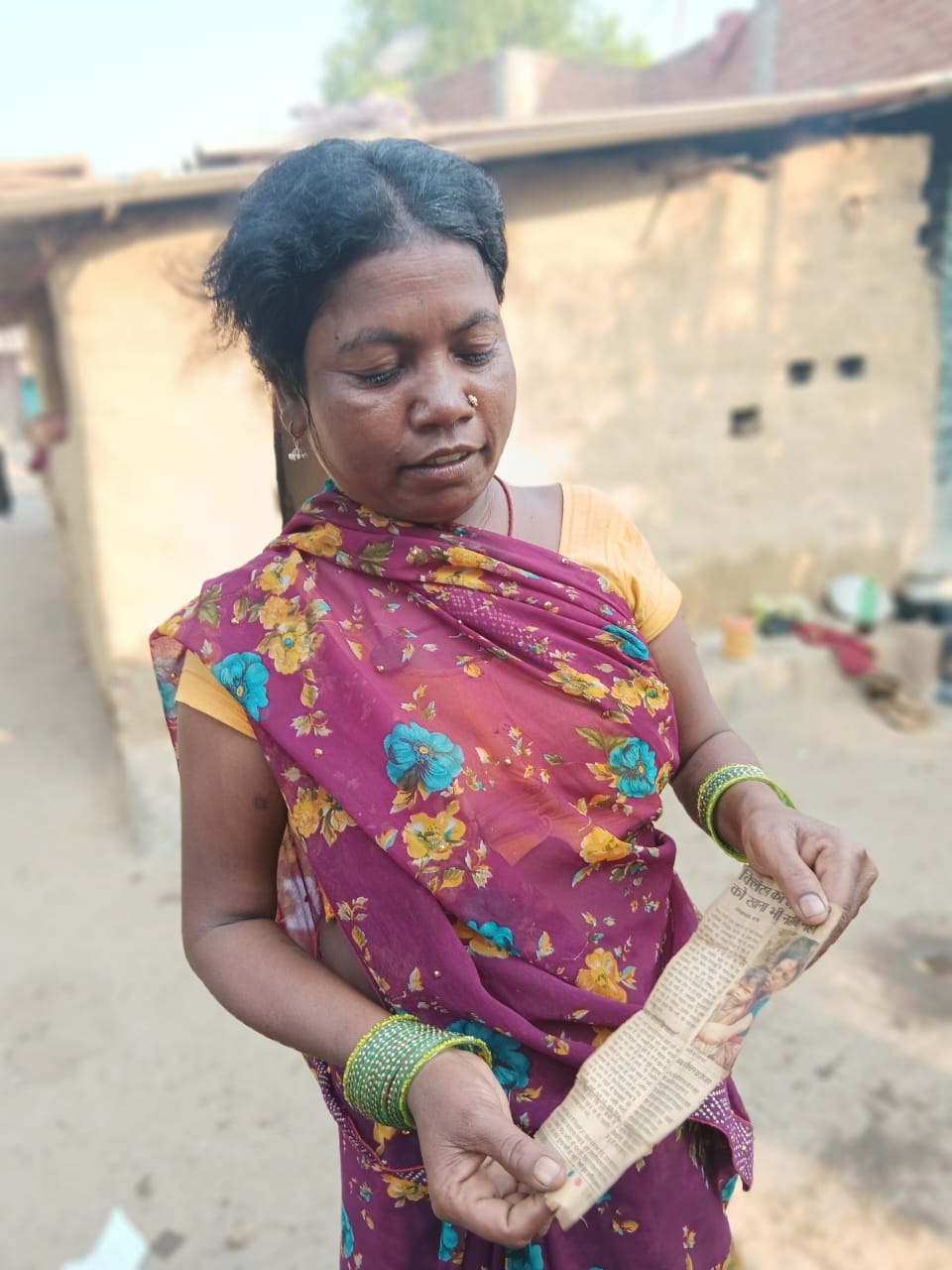Bill and Melinda Gates’ Forgotten Promise: Bihar’s Musahar Girl Still Waiting for Assistance 14 Years Later

M. I. Khan, TwoCircles.net
Patna: Rani, a poverty-stricken Mushahar girl, was once hailed as lucky when Microsoft founder Bill Gates and his wife Melinda Gates visited Jamsaut Musahari (a settlement on the margins of villages where people belonging to the socially outcast Musahar community live). The couple took the infant into their arms and promised her parents assistance. Fourteen years later, Rani and her parents are still waiting for the assured aid from one of the world’s wealthiest couples. Despite the global media attention the visit received, nothing has changed for them.
[caption id="attachment_449824" align="aligncenter" width="1280"] Rani[/caption]
Rani[/caption]
Rani has grown up in Jamsaut Mushahari, a squalid and foul-smelling hamlet about 18 km from Patna — Bihar's bustling capital. Musahars, known for their extreme deprivation, continue to suffer poverty and untouchability.
“I hardly remember anything except what my parents and elders have told me — that the Gates couple showed affection for me and promised help for a better life. I saw a picture of myself in the lap of a gori (white) woman, who appeared to me super rich. Now, it feels like a dream,” Rani told TwoCircles.net, as she cooked on a makeshift mud stove with cow dung and wood collected from the surrounding areas.
The young girl, who dropped out after grade five, spends her days gathering wood, cooking food and playing with other girls in the village. Despite the government’s claimed success of the Ujjwala scheme, families like Rani’s continue to live without LPG — highlighting the disconnect data and ground reality.
[caption id="attachment_449823" align="aligncenter" width="1280"] Jamsaut Musahari - the neighborhood where the family lives.[/caption]
Jamsaut Musahari - the neighborhood where the family lives.[/caption]
Rani dreams of a better life, a nice house and tasty food. She wishes to become a school teacher, but this seems unlikely due to the high illiteracy rate and frequent school dropouts in her community.
“I want to become a school teacher like the women teachers in my village school. This can only happen if I resume studies,” she said.
Her mother, Runti Devi, expressed disappointment, saying, “We got nothing. The Gates couple has forgotten Rani and sent no help. Their visit turned out to be a photo-op as nothing changed for us.”
Her father, Sajan Manjhi, echoed the same sentiment, lamenting the unfulfilled promise of a better future for their daughter.
[caption id="attachment_449825" align="aligncenter" width="960"] The story, which has been long forgotten[/caption]
The story, which has been long forgotten[/caption]
The visit by Gates raised hopes for the young girl’s future. They sat under a neem tree, took Rani into their arms and promised help, which never came. “None of their representatives ever visited us to check on our daughter,” he said.
Interestingly, neither Rani nor her parents can pronounce the names of Bill Gates and Melinda Gates, referring to them as the “English rich man and his white wife”. They don’t know about the billionaire philanthropists or their foundation.
Manjhi wanted to impart Rani with a good education but had to withdraw her from school due to financial constraints. “Until last year, Rani was enrolled in the village school, but didn’t attend classes regularly. We got her education discontinued so that she could help with household work,” he said.
Anoj Kumar, one of the students from the community who is attending college, believes that the Gates couple and their foundation can still help Rani. “It is nothing for them, but their help could change her life. There is still time for it,” he said.
Runti and Sajan Manjhi, both landless farm laborers, are not only disappointed by the Gates but also by political parties. They have little hope that the next government will bring any improvement to their lives. “We are poor and will continue to be poor, no matter who comes to power,” they said.
The Manjhi family struggles for survival, relying on occasional government aid. “Years ago, we received money to construct a one-room brick house under the Indira Awas Yojana. Since then, we have received nothing from the government,” Manjhi said.
Their plight is emblematic of the larger issues faced by the Mushahar community. According to the Bihar caste survey report, Musahars, who make up 3.08% of the state’s population, suffer from extreme poverty. About 54% of Musahar families live in poverty, making them one of the most marginalized groups in India’s caste hierarchy.
Historically known as rat-eaters, the community has largely given up this practice and now perform manual labor for a living. High migration rates to other states in search of work further underscore their desperate conditions.
